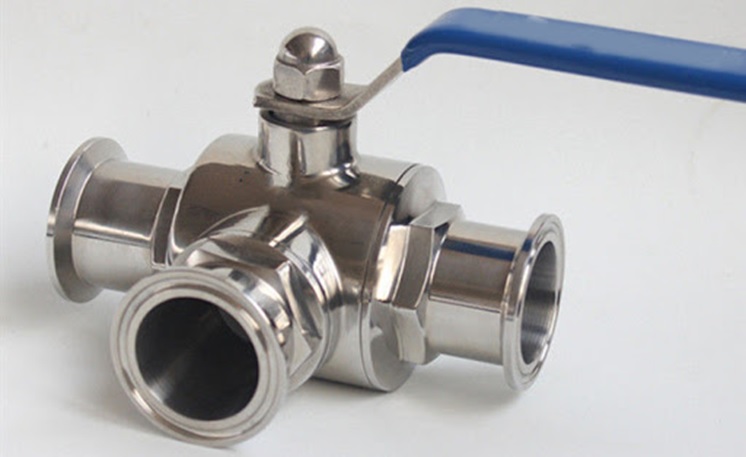
Employed with hygienic applications requires prudence, attention, and a commitment to excellence. Superior care, uncompromising cleanliness, and gentle efficiency distinguish hygienic equipment. As a result, customers in the food, pharmacy, and demanding industries entrust hygiene and process performance to sales companies, experts, and partners all over the world. One such hygienic equipment is the sanitary valve, which plays a major role in industries to avoid contamination.
What is a Valve and Its Application?
A valve is an instrument that opens, closes, or partially obstructs the passageways to direct, control, and regulate the liquid flow and it meets health, food, and medical standards. Sanitary valves come in thousands of different configurations, but they are of three types depending on their mechanical motions. Linear motion, quarter-turn, and rotary motion are the three distinct categories.
These sanitary valves are primarily useful in pharmaceuticals, food processing, and hospitals, and other locations with high hygienic grade requirements and no chemical or physical hazards.
Factors To Consider While Buying:
Since you have so many options, it’s critical to consider all the below factors ensuring that you’re choosing the right valve which suits your application.
- Media Type: You can determine the valve material depending on the properties of gas or liquid or gas being controlled. Perfluoroalkoxy alkanes and Polytetrafluoroethylene are excellent choices for monitoring corrosive or harsh materials because they can withstand these conditions. You should use metal valves when using pressurized gases to maintain higher safety.
- Application condition: The most important step in selecting the right valve is determining the correct size. An incorrectly sized valve can cause problems with operation in the system or valve. You also need to determine the pressure, temperature, and flow rate under which the valve will operate. Metal valves are the ideal choice to withstand higher pressure and temperature compared to plastic.
- Actuation Method: Another factor to consider is how the valve will get operated. Check whether you can operate them automatically or manually.
Other than these factors, you can also consider cost, maintenance, and valve function.
Advantages of Sanitary Device:
- Key valve components, such as the plates and rubber sealing, ensure their performance and extend the service life.
- They are also simple to disinfect and clean, which helps to keep the pipes sanitary and clean.
- It is crevice-free as the valve’s designers make certain that there is no room for the crevice to avoid contamination. There will be no problem with hygiene if the crevice is not present.
- The valve surface is smooth; hence it does not rust or corrodes.
- They need little maintenance, and hence you can use them frequently in automated applications.
- You can mount them vertically or horizontally.
- Reliable and simple to set up.




